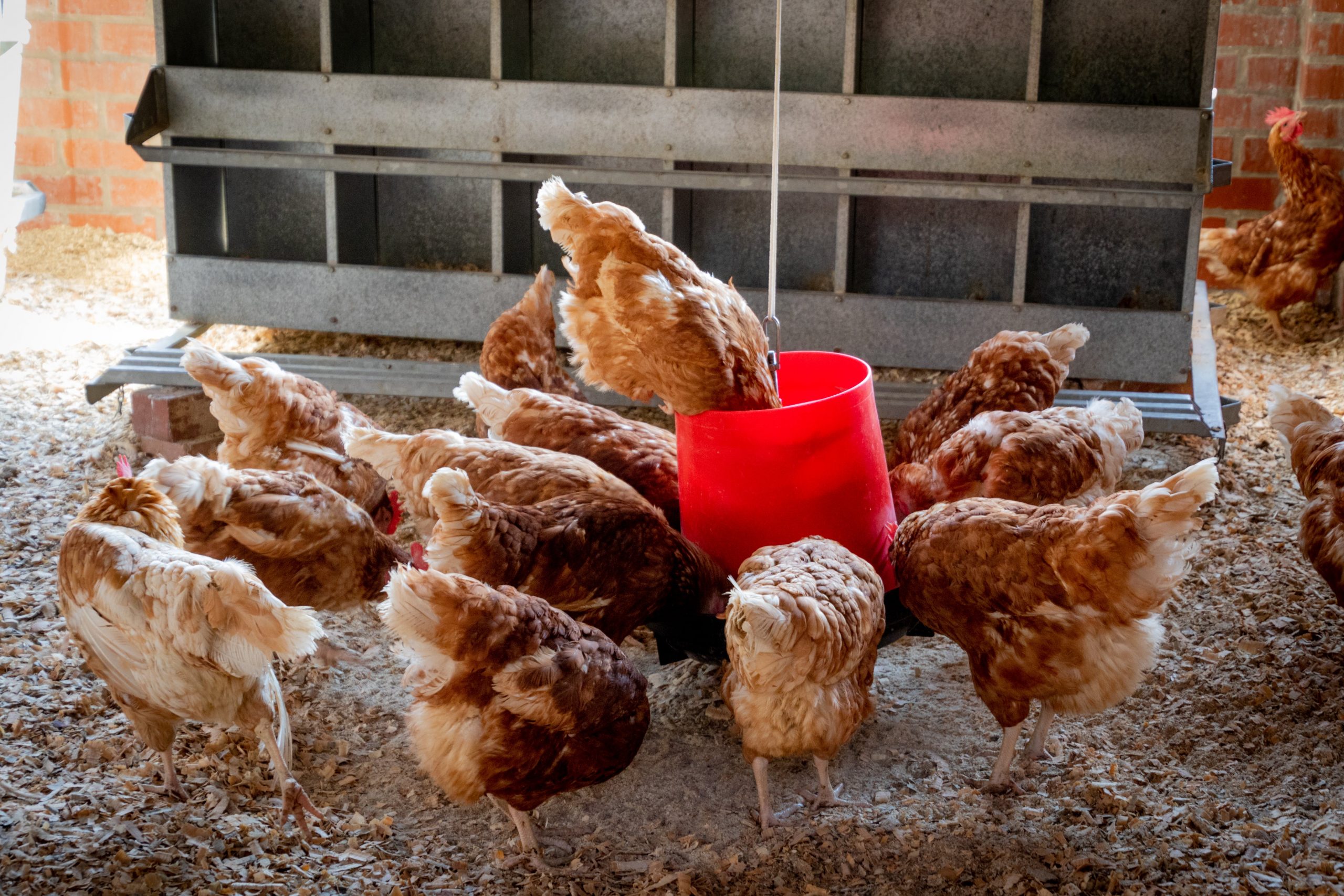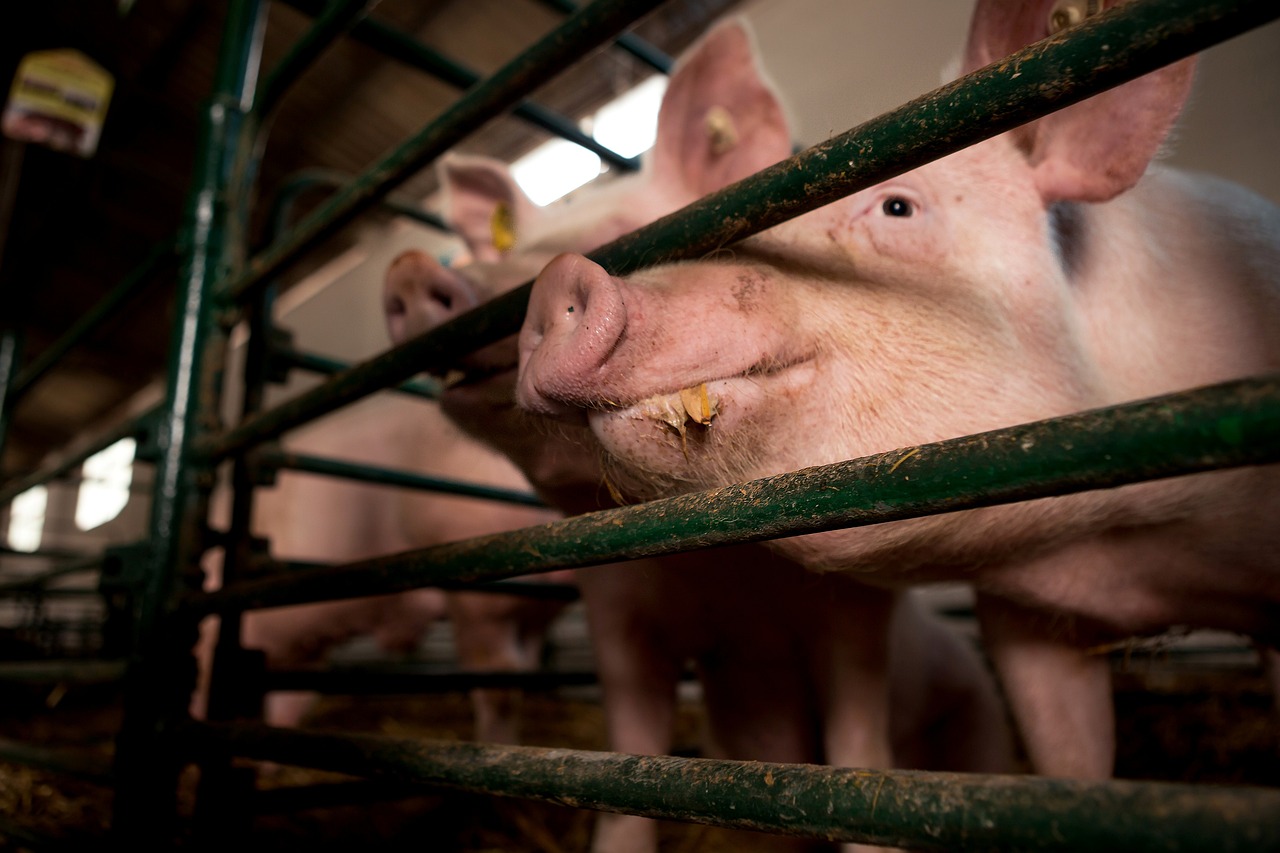
Food inflation eased to around 10 percent by autumn.Continue reading

Minister of Agriculture István Nagy has announced two significant calls for proposals aimed at bolstering the development of livestock farms until 2027 under the CAP Strategic Plan, with a combined budget of HUF 200B (EUR 509.6M).
These initiatives are pivotal in the government’s strategy to enhance the competitiveness of livestock farms and promote domestic livestock farming, which is recognized for its high added-value production.
The first call, with a budget allocation of HUF 150B (EUR 382.2M), targets larger and more complex projects aimed at advancing the infrastructure and capabilities of livestock farms. This funding opportunity allows investors to apply for grants ranging from HUF 200M (EUR 509K) to HUF 5B (EUR 12.7M), facilitating substantial improvements across the sector.
In parallel, the second call, with a budget of HUF 50B (EUR 127.4M), focuses on smaller-scale projects aimed at the renewal and modernization of livestock farms. Here, grants are available for investments up to HUF 200M, enabling smaller farmers to upgrade essential machinery and equipment vital for their operations.
Minister Nagy highlighted the multifaceted benefits of these funding streams, emphasizing that they will facilitate the construction of new facilities, the acquisition of advanced machinery and equipment, and necessary energy investments.
Specific objectives include the reduction of ammonia emissions and supporting investments in machinery for organic manure application. Moreover, the calls for proposals aim to enhance the storage infrastructure for crops, fodder, and bedding straw, further boosting efficiency and sustainability within the livestock sector.
Reflecting on past achievements, the Minister noted that the previous cycle of support under the Rural Development Program saw 3,489 investment projects supported, totaling approximately HUF 491B. These investments have been instrumental in ensuring Hungary’s farmers can consistently deliver high-quality and safe food products to the population, crucially supporting the processing industry’s raw material supply chain.
Eligibility for funding is contingent upon meeting specific criteria related to farm size and turnover. The support mechanism offers a base aid intensity of 50 percent for improvements, with enhanced rates of 70 percent for investments in renewable energy technologies such as solar panels and disease control measures, and up to 80 percent for initiatives targeting ammonia emissions reduction.
The evaluation process will prioritize projects that demonstrate clear added value, financial viability, and sustainable business practices.
Interested parties can begin submitting applications from September 17, for smaller-scale projects, followed by applications for larger, complex projects from October 15. Comprehensive details, including application procedures and relevant documentation, are accessible on the Ministry of Agriculture’s dedicated website.
Via MTI; Featured Image: Pixabay